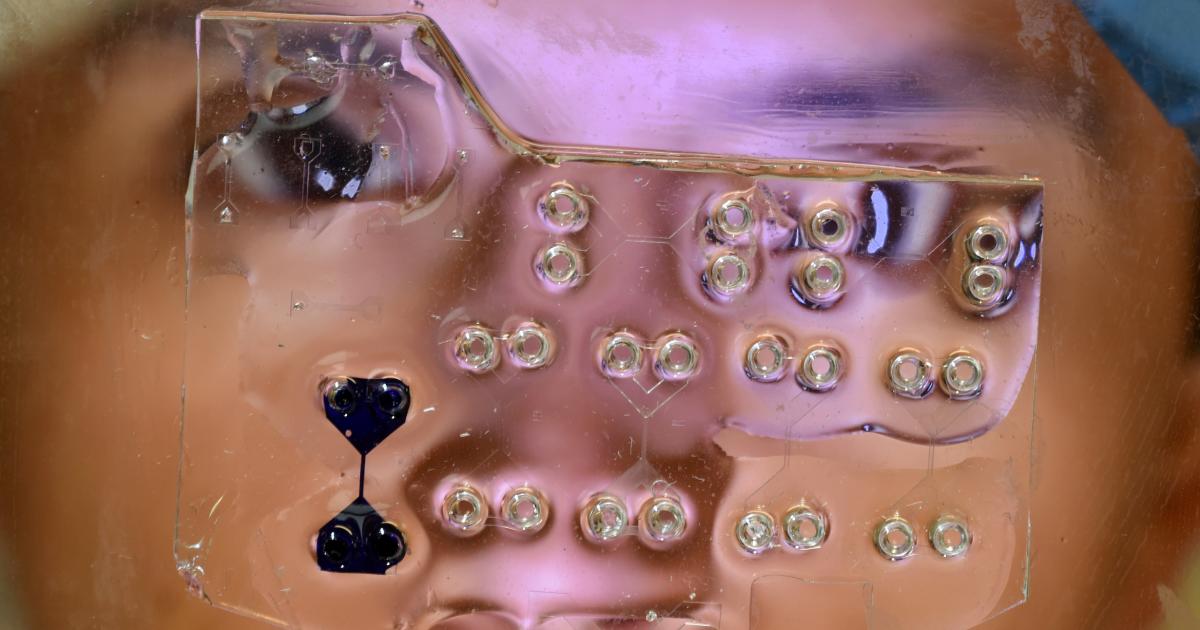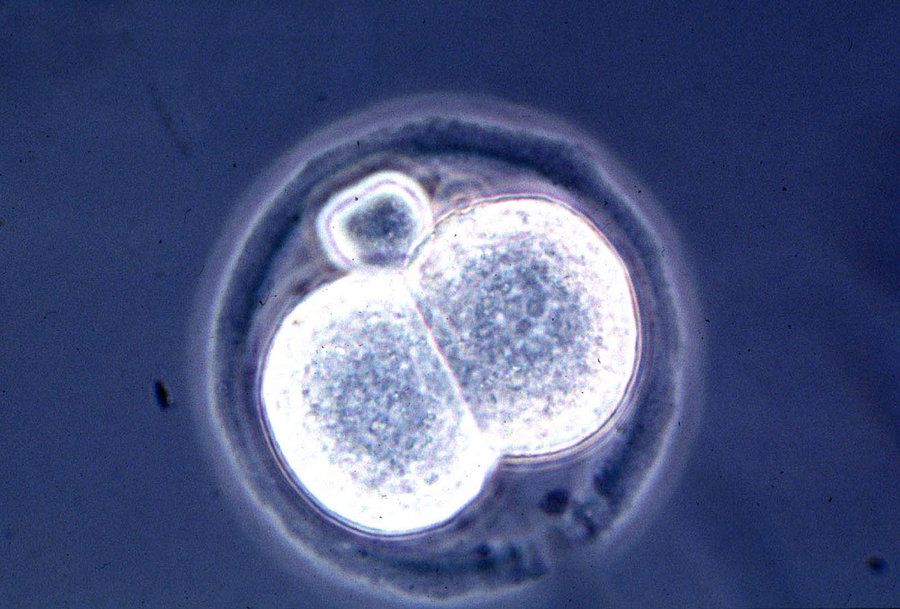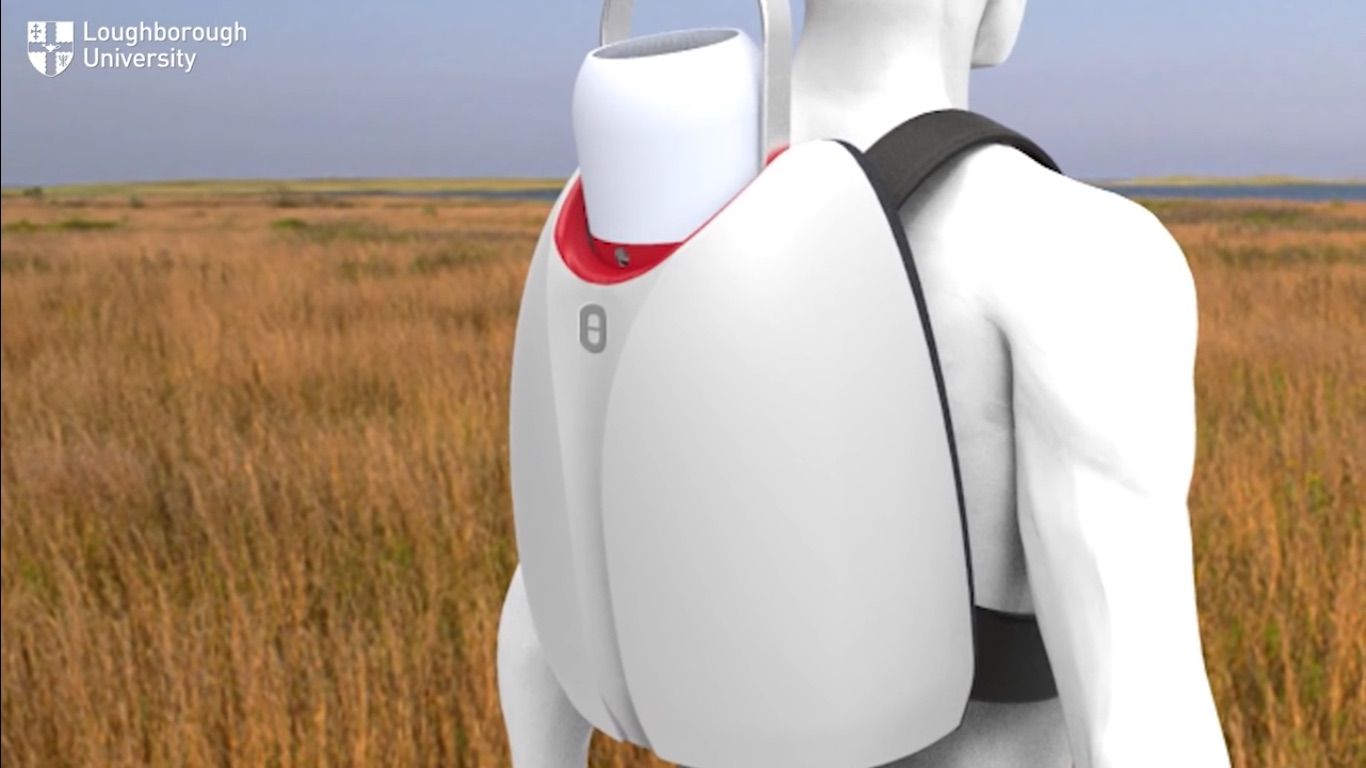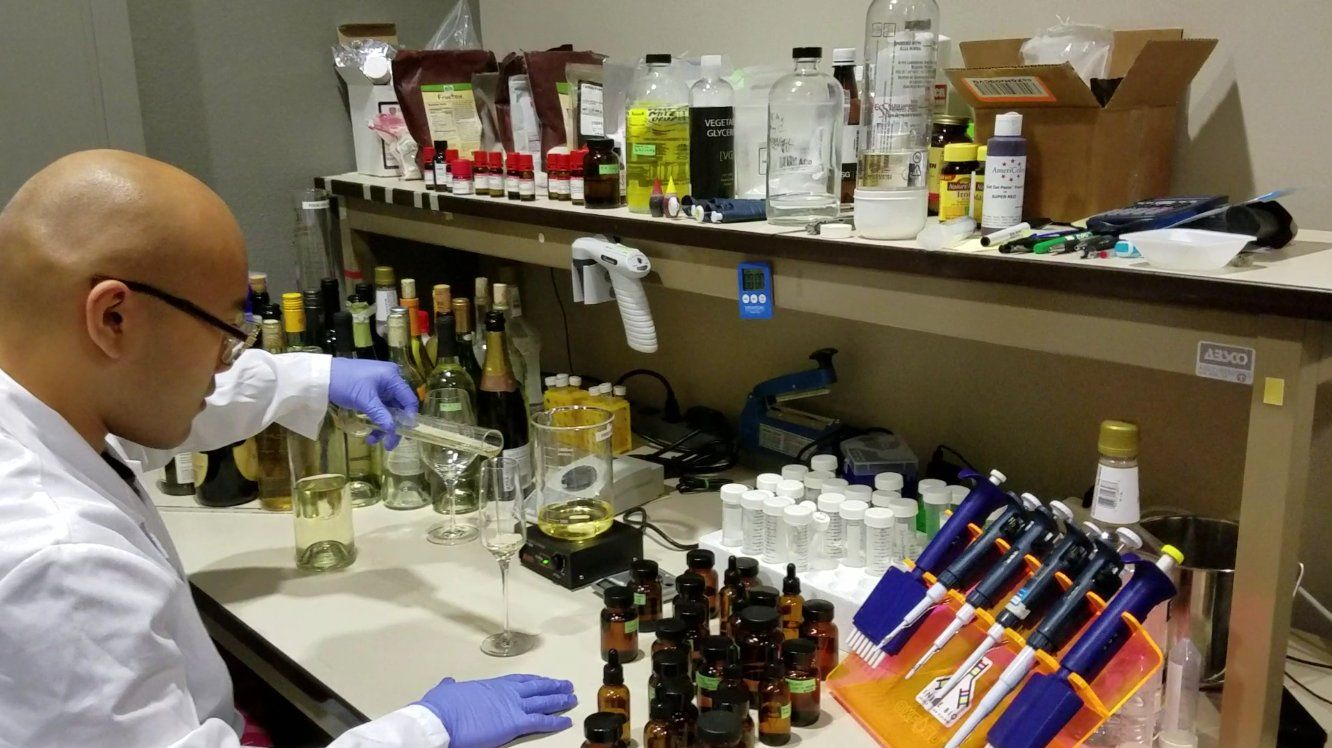Archive for the ‘biotech/medical’ category: Page 2543
Sep 10, 2016
World’s first ‘nanofish’ could be used as guided drug missiles
Posted by Klaus Baldauf in category: biotech/medical

https://youtube.com/watch?v=8mDoH-06ayA
By Alice Klein
Making a splash? Engineers have created metallic nanofish that are inspired by the swimming style of real fish, and could be used to carry drugs to specific sites of the body.
Continue reading “World’s first ‘nanofish’ could be used as guided drug missiles” »
Sep 10, 2016
The Synthetic Biology Era Is Here – How We Can Make the Most of It
Posted by Karen Hurst in categories: bioengineering, biotech/medical, food
We are entering an era of directed design in which we will expand the limited notion that biology is only the ‘study of life and living things’ and see biology as the ultimate distributed, manufacturing platform (as Stanford bioengineer, Drew Endy, often says). This new mode of manufacturing will offer us unrivaled personalization and functionality.
New foods. New fuels. New materials. New drugs.
We’re already taking our first steps in this direction. Joule Unlimited has engineered bacteria to convert CO2 into fuels in a single-step, continuous process. Others are engineering yeast to produce artemisinin — a potent anti-malarial compound used by millions of people globally. Still other microbes are being reprogrammed to produce industrial ingredients, like those used in synthetic rubber.
Sep 10, 2016
Scientists Say Neuron Repair is Possible
Posted by Shailesh Prasad in categories: biotech/medical, education, neuroscience
New research suggests that nerve cells may be able to repair themselves by mobilizing mitochondria by removing a certain protein in cells. This may help combat neurological diseases such as Alzheimer’s in the near future.
The Mitochondria is the powerhouse of the cell. We all know that. It causes reactions that generate adenosine triphosphate (ATP), a source of chemical energy in a cell. A typical animal cell contains 1000 to 2000 mitochondria. Yet, that’s not all we learned in high school biology. Remember that neurons or nerve cells do not have the ability to repair themselves once damaged? Well, these two facts have stirred quite a bit of interest.
Scientists have found out that nerve cell regeneration is possible. Researchers from National Institute of Neurological Disorders and Stroke in the US restored mitochondrial mobility in a group of mice and observed regeneration of nerve cells.
Sep 9, 2016
Stem cell therapy restores arm, hand movement for paralyzed man
Posted by Shailesh Prasad in category: biotech/medical
A man left paralyzed from a spinal cord injury has regained movement in his arms and hands as a result of a novel stem cell treatment.
Sep 9, 2016
In a new study, a team of scientists was able to rewrite a bacteria’s genome entirely from scratch
Posted by Shailesh Prasad in categories: bioengineering, biotech/medical
Model of the human genome.
A special nutrient must be fed to these bacteria or else they die off. Unless they find this selfsame nutrient in the environment, which Church says is unlikely, they would not be able to survive. Another fail-safe is a special barrier which has been erected to make it impossible for the bacteria to mate or reproduce, outside of the lab. But other experts wonder how “unbeatable” Church’s fail-safe’s actually are. Carr says that instead of discussing these measures as foolproof, we should be framing it in degrees of risk.
The next step is further testing of the artificial genes that have been made. Afterward, Church and colleagues will take this same genome and produce an entirely new organism with it. Since DNA is the essential blueprint for almost all life on earth, being able to rewrite it could give humans an almost god-like power over it. That capability is perhaps decades away. Even so, combined with gene editing and gene modification, and the idea of a race of super humans is not outside the realm of possibility.
Sep 9, 2016
A Refrigerator Backpack Could Help Transport Vaccines And Organs
Posted by Shailesh Prasad in categories: biotech/medical, life extension, transportation
Medical supply transportation is a serious problem in remote regions, where it may take weeks to transport a vaccine where it’s most needed. But a British student has developed a simple device that might help get supplies where they need to go and save millions of lives in the process.
Will Broadway of Loughborough University created the tank as a way to extend the life of fragile medical supplies, like vaccines, samples, and organs.
The device uses a simple ammonia reaction that creates a cooling effect when charged. It can keep vaccines within a stable temperature realm for up to 30 days. While it’s currently designed for vaccines, Broadway next wants to make it transport organs and tissues to people in need.
Continue reading “A Refrigerator Backpack Could Help Transport Vaccines And Organs” »
Sep 9, 2016
Biotech startup says it has nearly perfected making wine in a lab
Posted by Shailesh Prasad in categories: biotech/medical, food
Ava Winery’s first public taste test didn’t exactly go well. Two reporters on camera at New Scientist compared the biotech startup’s artificial wine with a glass of the Moscato D’Asti that it was based on. They complained that the fake wine had too little color, too little viscosity, and an unpleasant plastic smell.
But that was May, and this is September, and Ava is already bragging about making huge improvements in its product, to the point where it is all but indistinguishable from fermented grape juice, and looking ahead to how it’s going to change the world.
“What we have done since then is leaps and bounds beyond what they were able to taste back in May,” co-founder Alec Lee says. “Now we’re at the point where about 90% of people fail out blind taste test.”
Continue reading “Biotech startup says it has nearly perfected making wine in a lab” »
Sep 9, 2016
Aubrey de Grey & Matthew O’Connor AMA! • /r/Futurology
Posted by Steve Hill in categories: bioengineering, biotech/medical, genetics, life extension
The Aubrey de Grey and Matthew O’Connor SENS AMA on reddit Monday 12th 11am PST.
I am Dr. Aubrey De Grey, biologist, gerontologist PhD and author of the book Ending Aging and Chief Science Officer at the SENS Research Foundation. I am here with researcher Dr. Matthew O’Connor from the MitoSENS project who is an expert on “allotopic expression” of mitochondrial genes. His team has been working on engineering mitochondrial genes to be expressed from the nucleus and targeted to the mitochondia as part of the MitoSENS approach to one of the damages of aging.
Each cell in the body is dependent on the efficient generation of cellular energy by mitochondria to stay alive. Critical to this process are genes encoded within the mitochondrial genome. Over time however, mutations in these genes occur as a result of constant exposure to reactive oxygen species produced by oxidative phosphorylation, the mitochondrial energy generation process. Unlike genes within the nucleus, mitochondria lack an efficient system to repair damaged DNA. This leads to accumulated mutations, resulting in mitochondrial defects and an increase in oxidative stress throughout the body. Closely correlated with this is the observation that organisms which age more slowly also consistently display lower rates of mitochondrial free radical damage. Thus, reversing and/or preventing damage to mitochondrial DNA may be a key factor in slowing the aging process.
Continue reading “Aubrey de Grey & Matthew O’Connor AMA! • /r/Futurology” »
Sep 8, 2016
DARPA developing security tools for gene editing
Posted by Karen Hurst in categories: bioengineering, biotech/medical, military, security
DARPA’s answer in defending the US from Gene Editing Warfare.
DARPA has announced a new program to develop security procedures and remedial protocols to protect against the misuse of gene editing technologies.
















